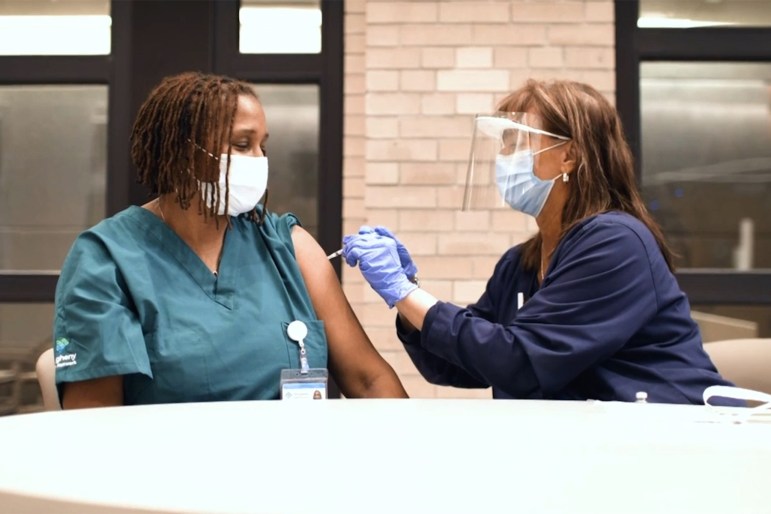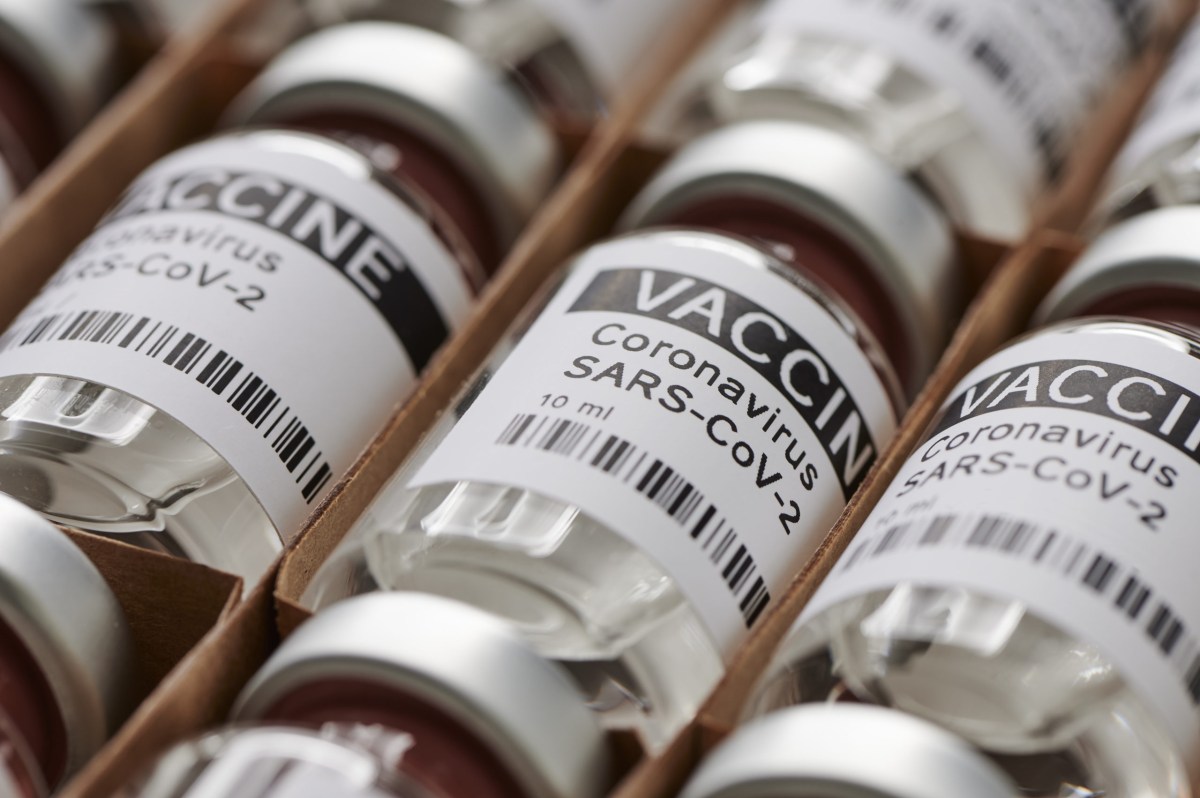With two pricks of the COVID vaccine under your belt, you may be eyeing a booster shot to keep protection from waning.
Booster vaccines were made widely available to adults on Friday, after the director of the Centers for Disease Control and Prevention [CDC] signed off on recommendations made by an advisory committee.
The committee of independent experts said anyone over age 18 can get a booster. The group emphasized that anyone over 50 should make sure to get a booster to increase protection because they may be extra vulnerable.
Nearly 163,000 additional vaccine doses have been given in Allegheny County since Aug. 13.
If you’re considering your second, third or even first COVID jab, you may wonder: Do I need it? Can I mix and match? What are the side effects?
COVID-19 vaccine effectiveness drops over time and may be less able to protect against the Delta variant, but in studies, Pfizer and Moderna booster shots increased immune response for participants who were fully vaccinated six months prior. A similar study showed the Johnson & Johnson booster increased immune response for patients who received the single-dose vaccine at least two months earlier.
About 71% of eligible Pennsylvanians are fully vaccinated, meaning thousands may be considering an extra boost. We researched key questions and spoke with local medical professionals to compile answers and explanations for what Pittsburghers need to know most about booster shots.
Check out these vaccine-related resources:
How do I know if I need a booster?
As of Friday, Nov. 19, all people 18 and older qualify.
If you received the Johnson&Johnson/Janssen vaccine, it’s likely time for your booster. Johnson & Johnson vaccine recipients were already recommended to receive a booster two months after the first jab.
The CDC said a single dose of the Johnson & Johnson vaccine has lower effectiveness compared to two-dose vaccines.
Now, Pfizer and Moderna recipients also qualify for boosters, if you received the second shot at least six months ago.
Does the booster shot have side effects?
In some cases, yes. However, the brief reactions reported for booster shots mirrored many of the responses to the single-dose or second shot in the series: fever, fatigue and headaches were commonly noted.
Can I mix vaccines?
Which vaccine should you get as a booster? The choice is yours. Doctors say mingling vaccines is OK, and in some cases encourage mixing. The CDC recently allowed for mixing and matching vaccines for a booster shot as part of its recommendations. Switching vaccines didn’t cause notable side effects for patients in studies. In some cases, online signups for mix-and-match vaccines might be difficult to complete. Contact the location for more information on availability.

What’s the difference between what officials are calling an additional dose and a booster shot?
Before booster shots for a broader population were even being discussed, the CDC recommended that people who are moderately or severely immunocompromised seek an additional dose because they may not have built enough protection against the virus with the initial vaccine series. The COVID vaccine in people with those conditions is less effective and the additional dose served the purpose of getting their protection up as high as most other people.
Booster doses, on the other hand, increase vaccine efficacy and defense after protection wanes from the original vaccination.
Can my child get a booster shot?
Boosters haven’t been approved for kids yet. The CDC on Nov. 2 approved Pfizer vaccines for kids ages 5 to 11 with parental consent. Doctors are encouraging parents to consider vaccination for their kids as kids can still face severe COVID symptoms.
“I have seen kids get really, really sick from COVID, and I have seen kids get COVID and then pass it on to their family members, who then get really sick from COVID,” said Dr. Maya Ragavan, a pediatric doctor who helps lead the Pittsburgh Community Vaccine Collaborative.
Ragavan added that in some cases kids have had to be hospitalized and face long-term repercussions from COVID.
“The rationale is that this vaccine is safe and effective just like it is for adults and that it can prevent kids from getting really sick just like all of our other vaccines that we give to children to prevent illnesses,” she said.
Are there still access issues with the vaccine?
Yes, in Allegheny County and beyond.
Public health and state officials suggested vaccine disparities were due to vaccine hesitancy and additional barriers for certain groups. Those concerns have persisted with the pandemic.
An analysis by the Black Equity Coalition found that in mid-March Black residents made up 6.8% of the county’s fully vaccinated population, despite making up 13.4% of the county’s population. Similar disparities existed statewide.
Early on in the pandemic, the Wolf administration faced criticism for not prioritizing specific approaches to reach Black and brown communities and non-English speakers and not being proactive.
Inequities stem not only from vaccine hesitancy but also from access.
“It’s also the times that vaccines are available,” Ragavan said. “The inability for people to take time off of work, especially people who are hourly workers … the concerns that they’re going to get vaccinated and then have to take three days off from work and they’re going to lose income, lack of transportation, services being only available in English or online systems being impossible to navigate.”
TyLisa C. Johnson is the audience engagement editor for PublicSource. She can be reached at tylisa@publicsource.org or on Twitter at @tylisawrites.






